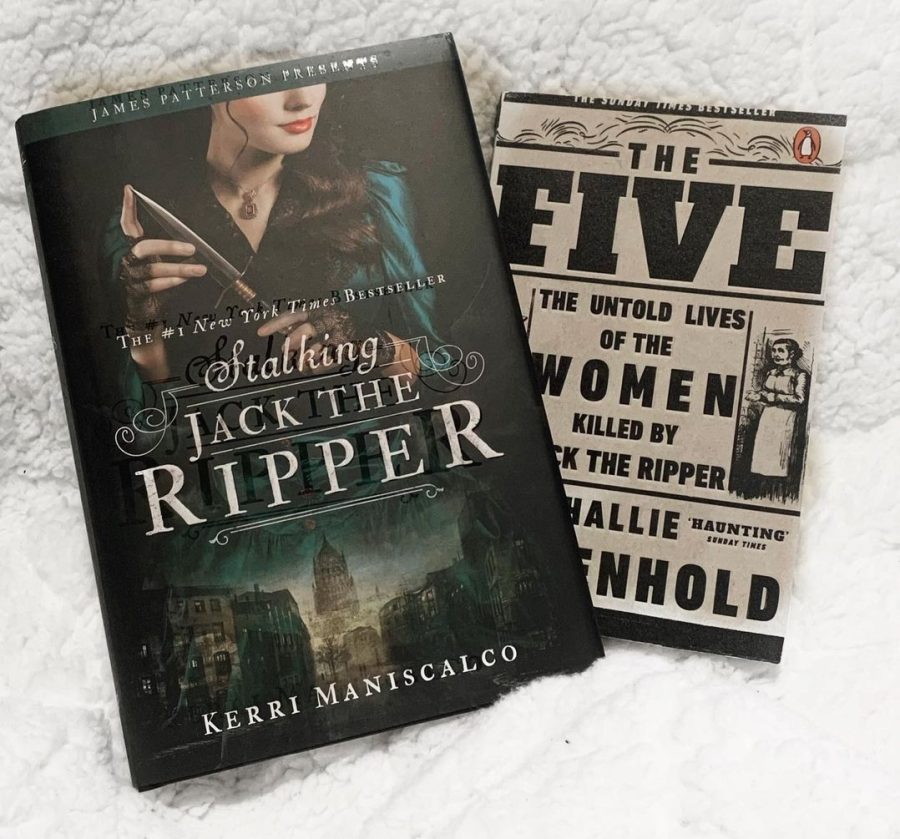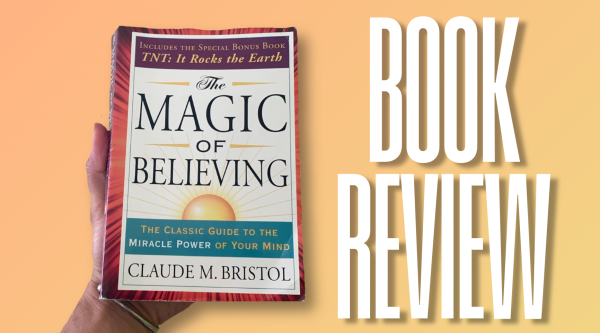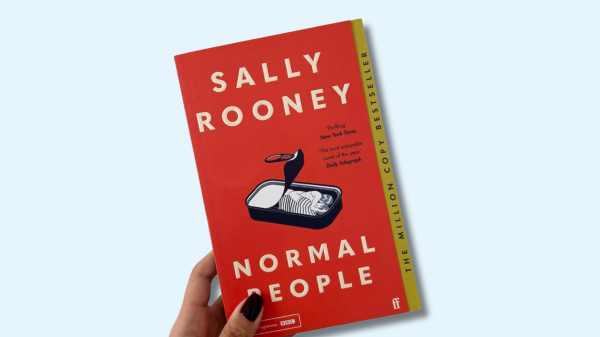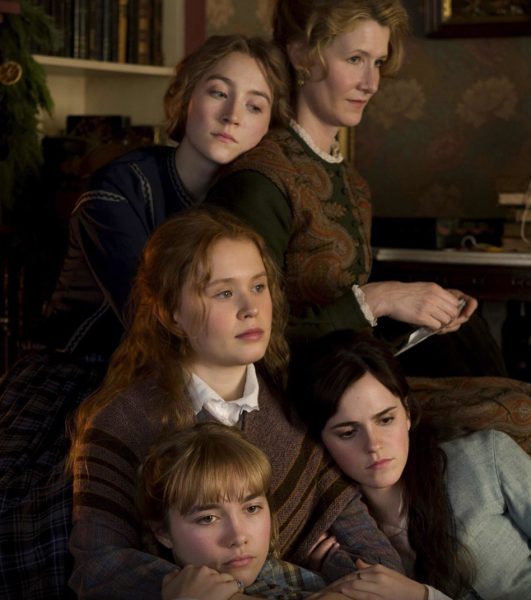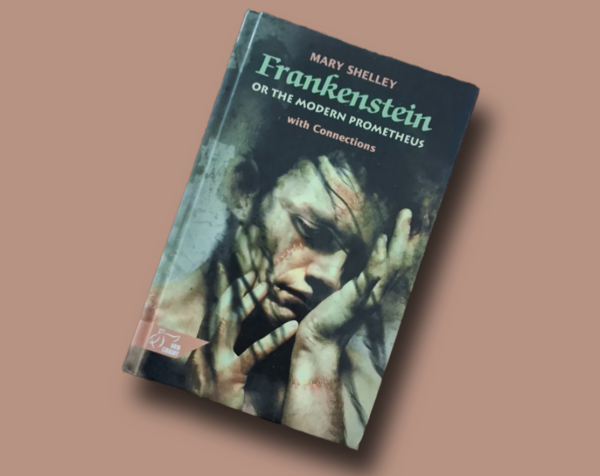Forensics and Feminism in “Stalking Jack the Ripper”
Maniscalo creates a new story about the notorious murderer, Jack the Ripper. (Courtesy of Instagram)
“What is a man’s soul made of that a woman’s is not?”
Audrey Rose Wadsworth is exceedingly tired of tea. Social outings, dress fittings and wading through letters from suitors, she finds herself growing incensed with the expectation that she must perfect the art of crocheting among other “ladylike” things. Audrey never had the mind for such stuff, but as the daughter of a lord, she must often make time for such activities, bound to 19th century expectations of archaic gender roles.
Doing her diligence, she manages to keep her father off the trail of her dissent, slyly sneaking off to her wayward uncle’s laboratory to study the incredibly gruesome and unladylike art of forensic medicine. Audrey finds she is the happiest when elbows deep in a viciously murdered body, mind whirling as she and her uncle race to figure out the puzzle of what killed the body they studied.
Audrey does not mind her mumbling, half-mad uncle, as long as he permits her to help solve these murders. What she does mind however, is her uncle’s inane, vexing and horribly well-dressed apprentice, Thomas Creswell. He drives her crazy, questioning her morals and beliefs as she pushes the boundaries of Victorian society.
All in all, Audrey’s double life is well managed until her uncle is commissioned to find the serial killer viciously murdering people throughout the city. Audrey’s work on the case prompts her into this investigation as her uncle himself is arrested for the crime. Along with Creswell, Audrey works to solve the case, constantly looking over her back to see if her proximity to her uncle’s work will cause her to be Jack the Ripper’s next target.
I have to mention that Audrey as a character was not as well-rounded and multi-dimensional as I would have liked her to be. Even though some of her highlighted personality traits were nice to see, such as her insistence on the antiquated nature of Victorian gender roles as well as her incredibly stubborn nature. These are traits that I expect all passionate women in a historical novel to have.
However, a huge part of Audrey’s character that made her stand out, was her unique interest in forensic medicine. I also loved her frank thoughts about her world. She is fascinated by death, but also solemn when she says, “death was not prejudiced by mortal things such as station or gender. It came for kings and queens and prostitutes alike, often leaving the living with regrets.” In a society that forced labels and expectations upon her, death was the great leveler. It did not have a care in the world for your power or gender. Audrey understood that it was the one inevitability.
What made “Stalking Jack the Ripper,” a truly interesting read for me was the plot, as it read like a horror mystery novel, quite different from a lot of books I typically read. I didn’t have any interest in the budding romance between Thomas and Audrey, but I did find immense enjoyment in their battles throughout the book. In these dramatic spats, both articulated themselves and their thoughts so smartly, that it almost read like two people formally debating each other. They disagreed about everything — though, it was hysterical that, in the end, they still had to work together and force a reluctant compromise.
Trying to find out who would be revealed as Jack the Ripper was also a large part of the excitement I held for this novel. It was refreshing to see such a well thought out and executed plot. Offering a different, more scientific perspective on how Jack the Ripper ravaged London, “Stalking Jack the Ripper,” was unique in the sense that it did not re-tell previous interpretations of the historical event.





































































































































































































